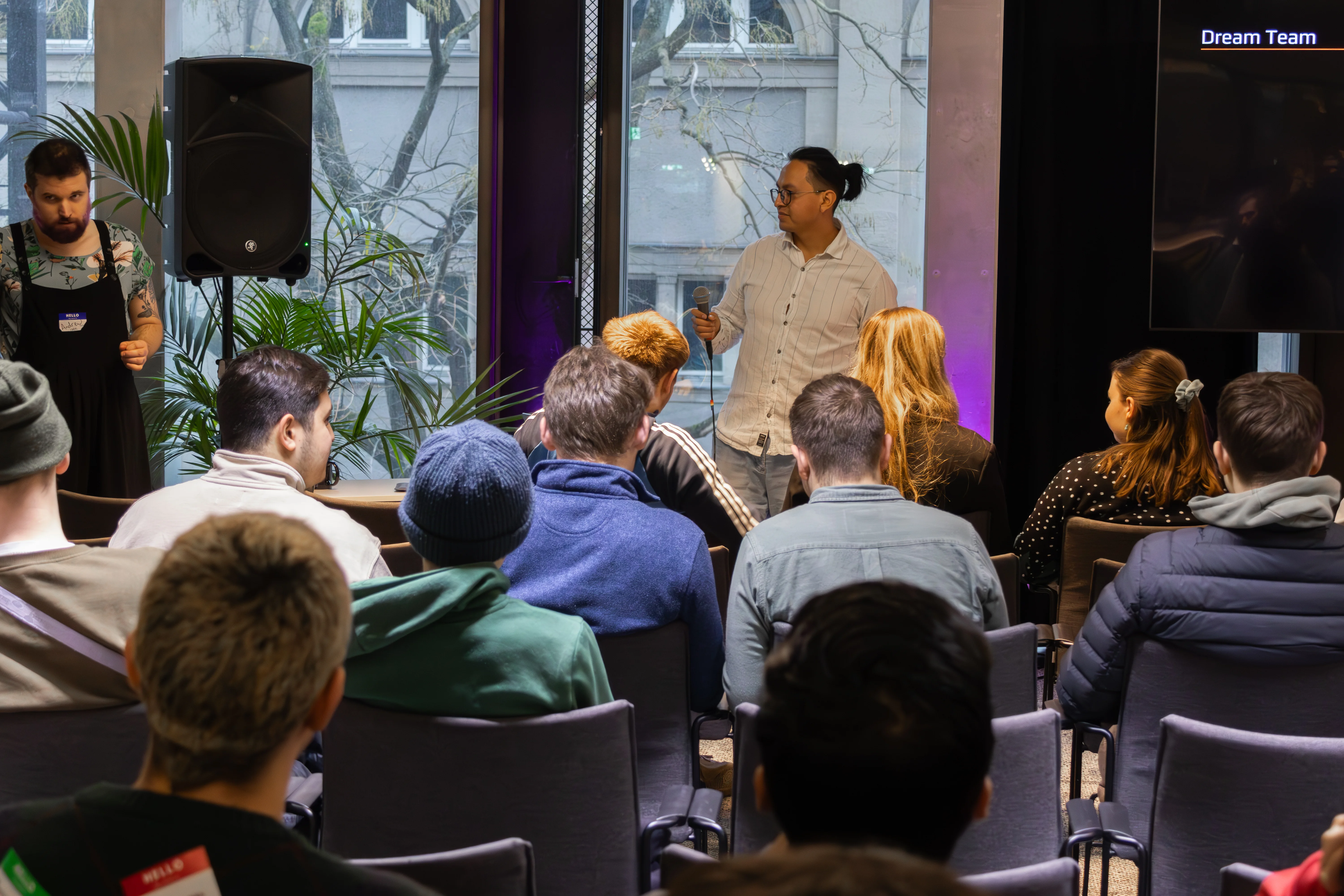The university for the digital pioneers of tomorrow
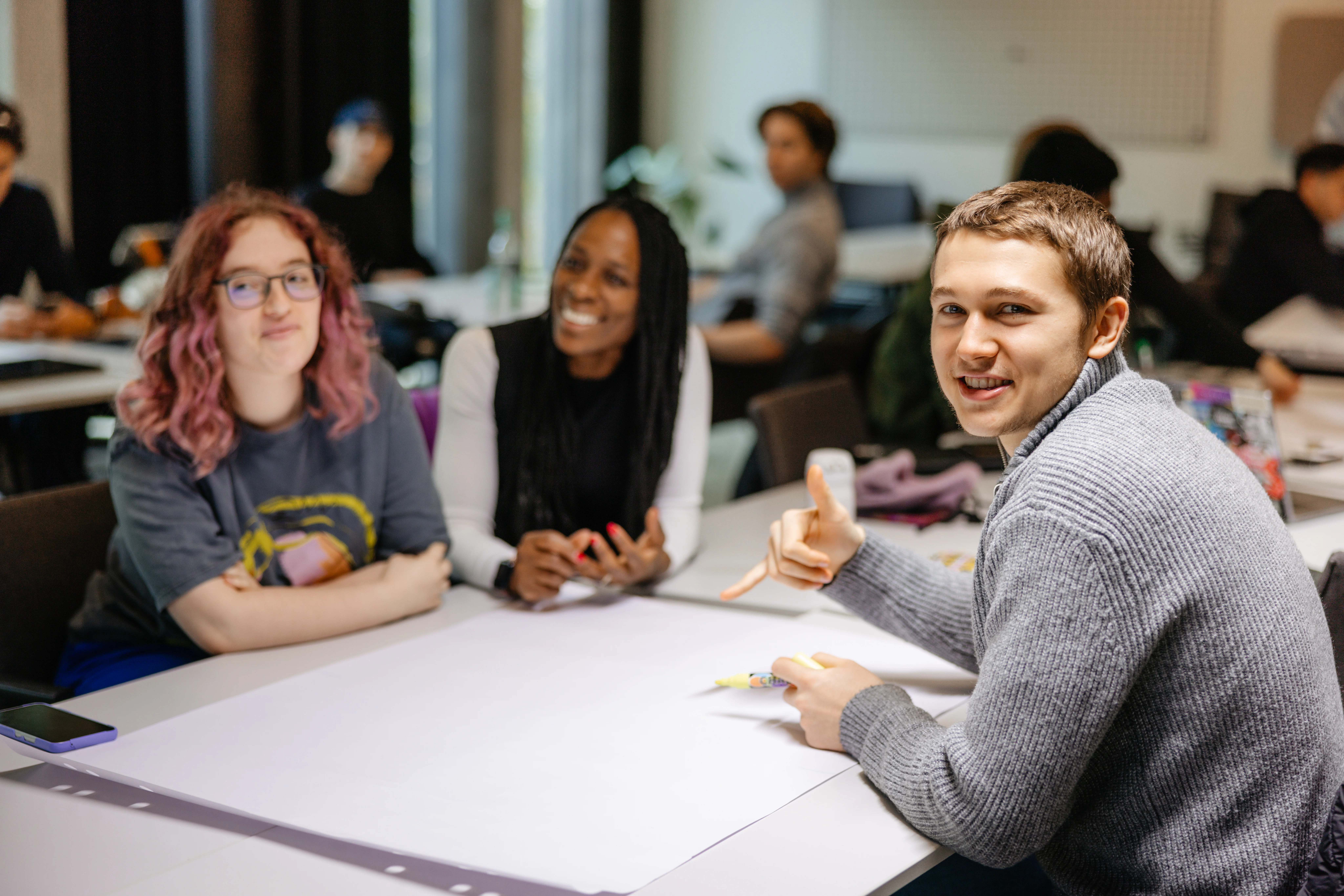
Bachelor study programs
We believe that the most effective way to learn is not by passively absorbing ready-made content to reproduce for the next exam. Instead, we believe in Curiosity-Driven Education .
As part of an interdisciplinary learning experience, many modules offered by one of our three programs are also credited towards the other two. Each study program offers a diverse array of specializations, giving you the flexibility to customize your educational journey according to your interests and aspirations.
All degree programs at CODE are taught entirely in English.
Specializations
You're not sure which focus you want to set during your studies and need some inspiration? While it's possible to choose all modules entirely on your own and in the order you prefer, we also developed some study paths with module recommendations. See the specializations per study program below!
Software Engineering B.Sc.
Software engineers solve real-world problems by crafting code in a multitude of environments, disciplines and languages – on their own and in teams.
- Generalist Path (choose your own modules)
- Web Development
- Software Operations
- Data Science
- Applied Artificial Intelligence
Business Management & Entrepreneurship B.A.
Business managers develop strategies and concepts for digital products, coordinate their development, analyse and validate ideas and help them grow.
- Generalist Path (choose your own modules)
- Product Management
- Digital Marketing
- AI Innovation
- Entrepreneurial Leadership
Digital Design & Innovation B.A.
Digital designers use technology to identify user needs and then design, engineer and validate corresponding user interfaces and experiences.
- Generalist Path (choose your own modules)
- Internet of Things
- Artificial Intelligence
- Design Research
- Digital Media
- User Experience
Why is CODE one of the best private universities in Berlin?
CODE Berlin stands out with its innovative and practical learning concept. Here, self-directed, project-based learning takes center stage instead of traditional classroom teaching. Students work on real-world projects in interdisciplinary teams, enabling them to apply theoretical knowledge directly in practice. This method not only enhances problem-solving skills but also fosters leadership and teamwork competencies.
Located in the heart of Berlin’s startup scene, the CODE campus offers much more than dusty lecture halls. You’ll find vibrant community areas, co-working spaces, project and meeting rooms, and even spaces for relaxation, meditation, and yoga. The campus is not just a place for learning but also for well-being and collaboration.
The combination of a modern learning approach, hands-on projects, and an inspiring learning environment makes CODE one of the best private universities in Berlin.

Berlin: The best place to study digital innovation
Berlin itself significantly contributes to the appeal of CODE. As one of Europe’s leading startup hubs, the city gives you direct access to a vast network of tech companies, investors, and founders. Thanks to our strong connections to the local startup ecosystem, you can gain practical experience through internships and build valuable contacts during your studies.
CODE is your springboard into Berlin’s dynamic tech scene and beyond.

Applications are open!
Register and apply for a chance to join the next generation of CODE students.
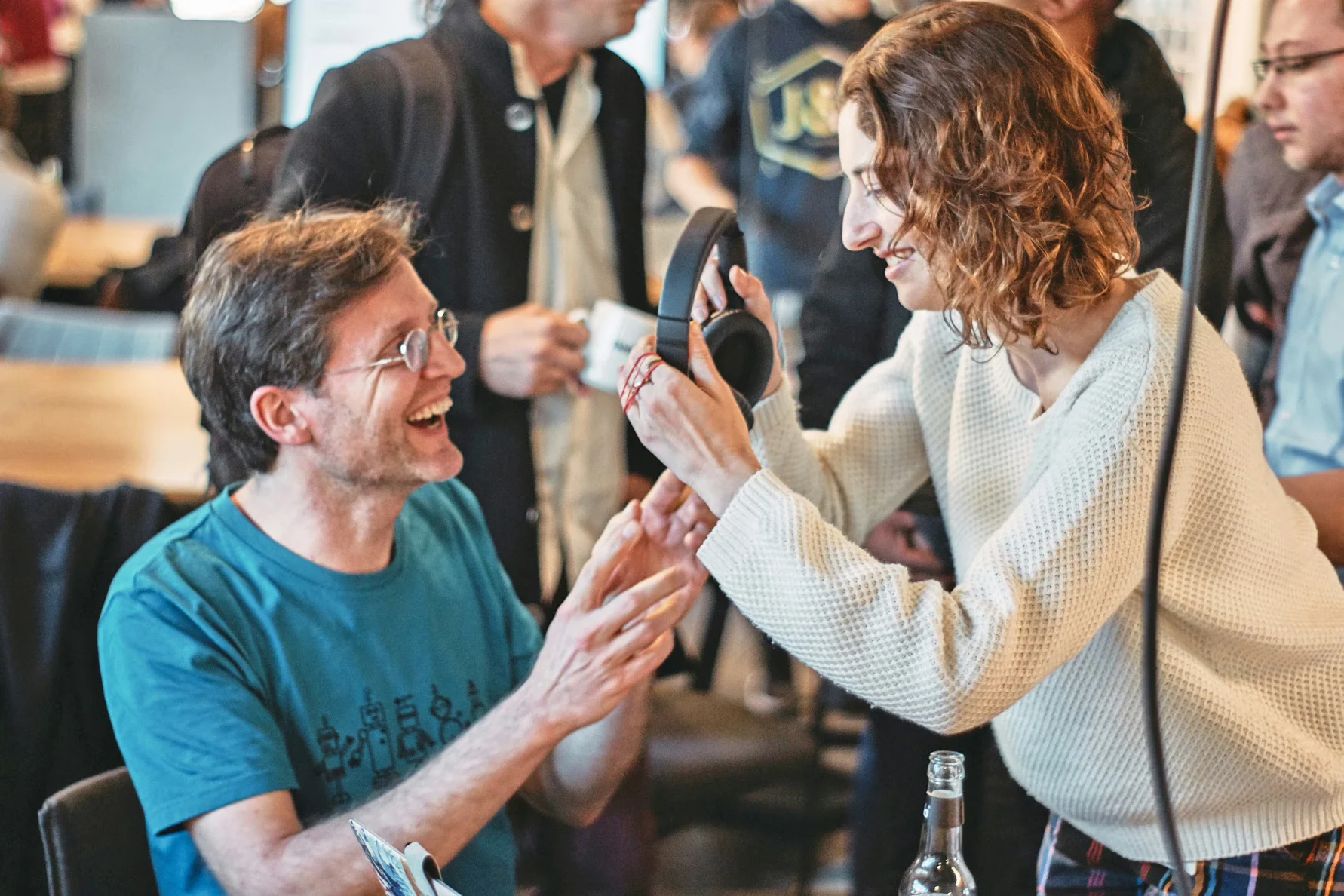
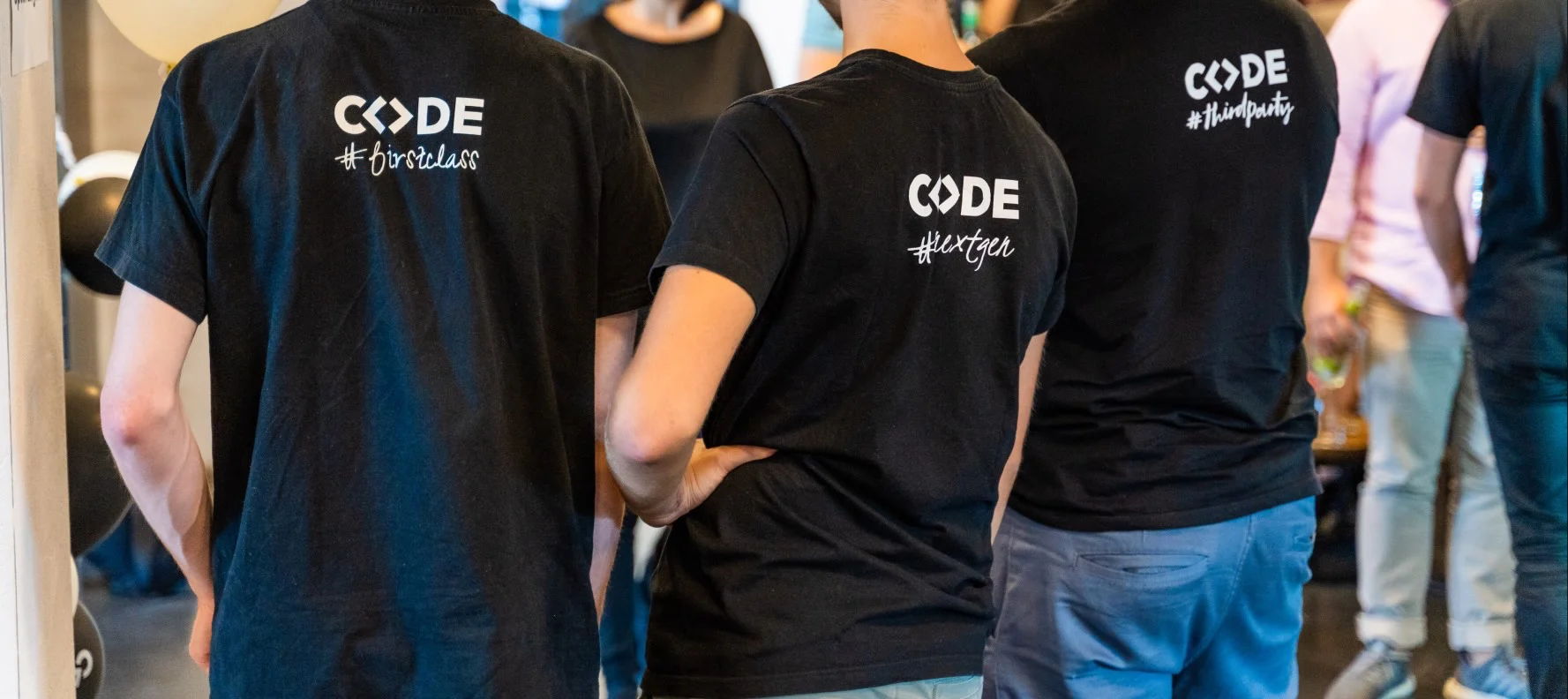
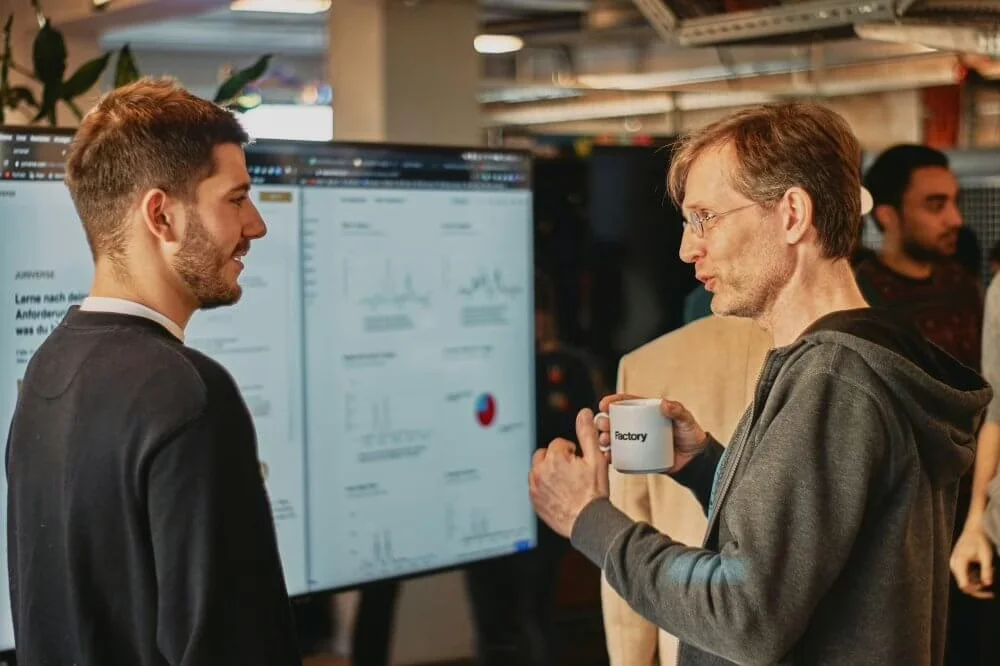
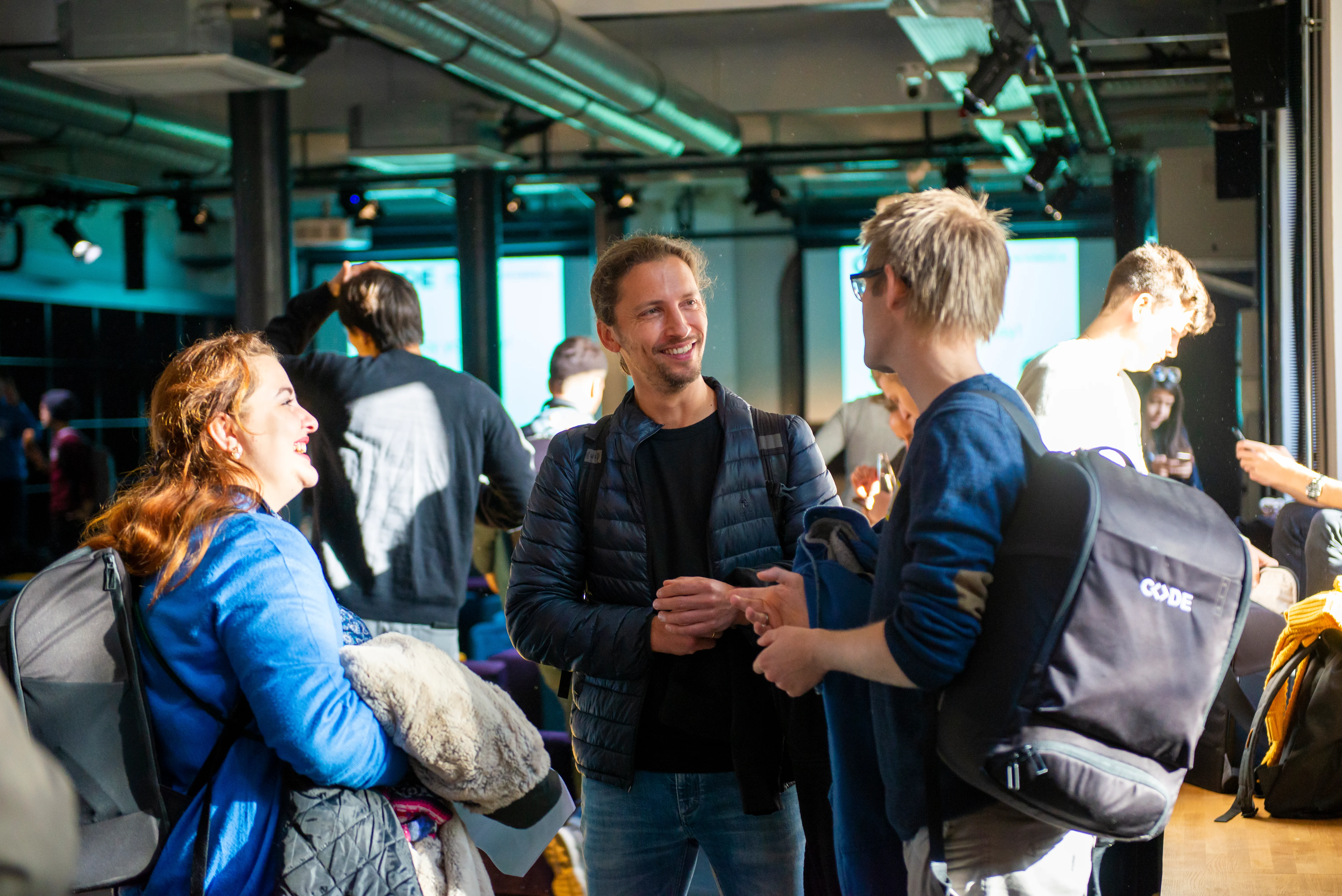




Get additional information



